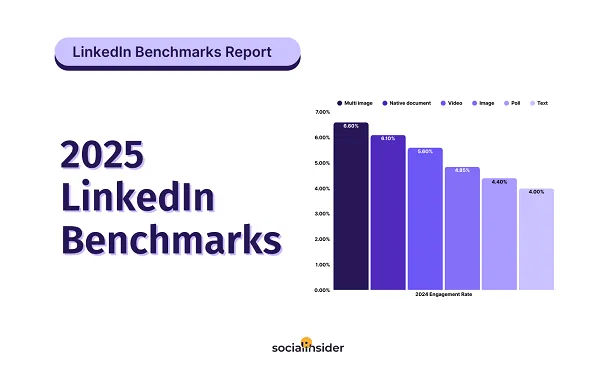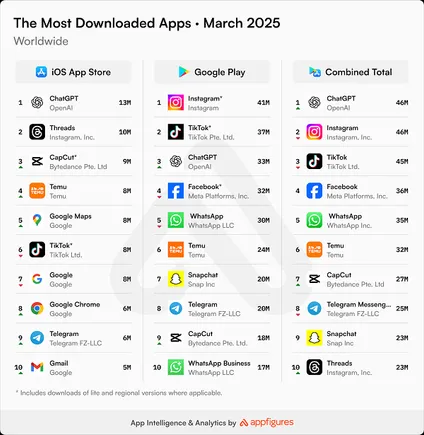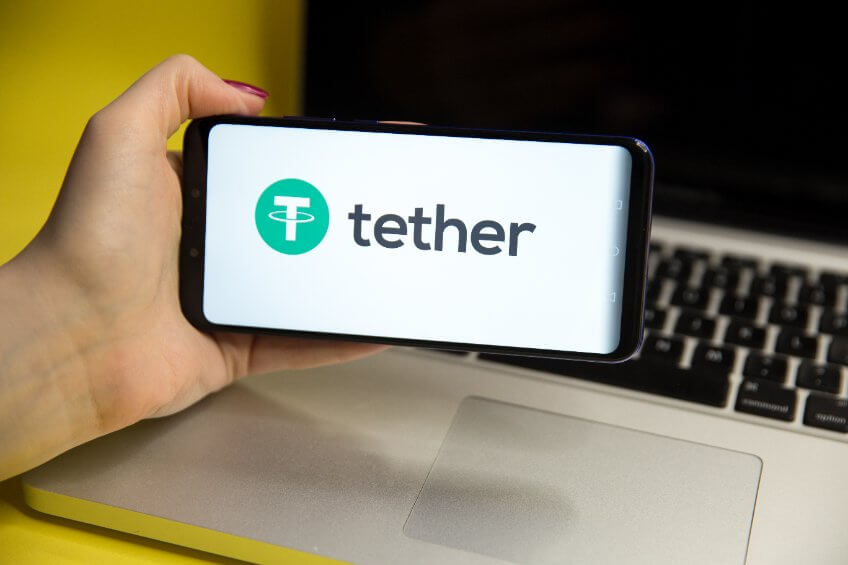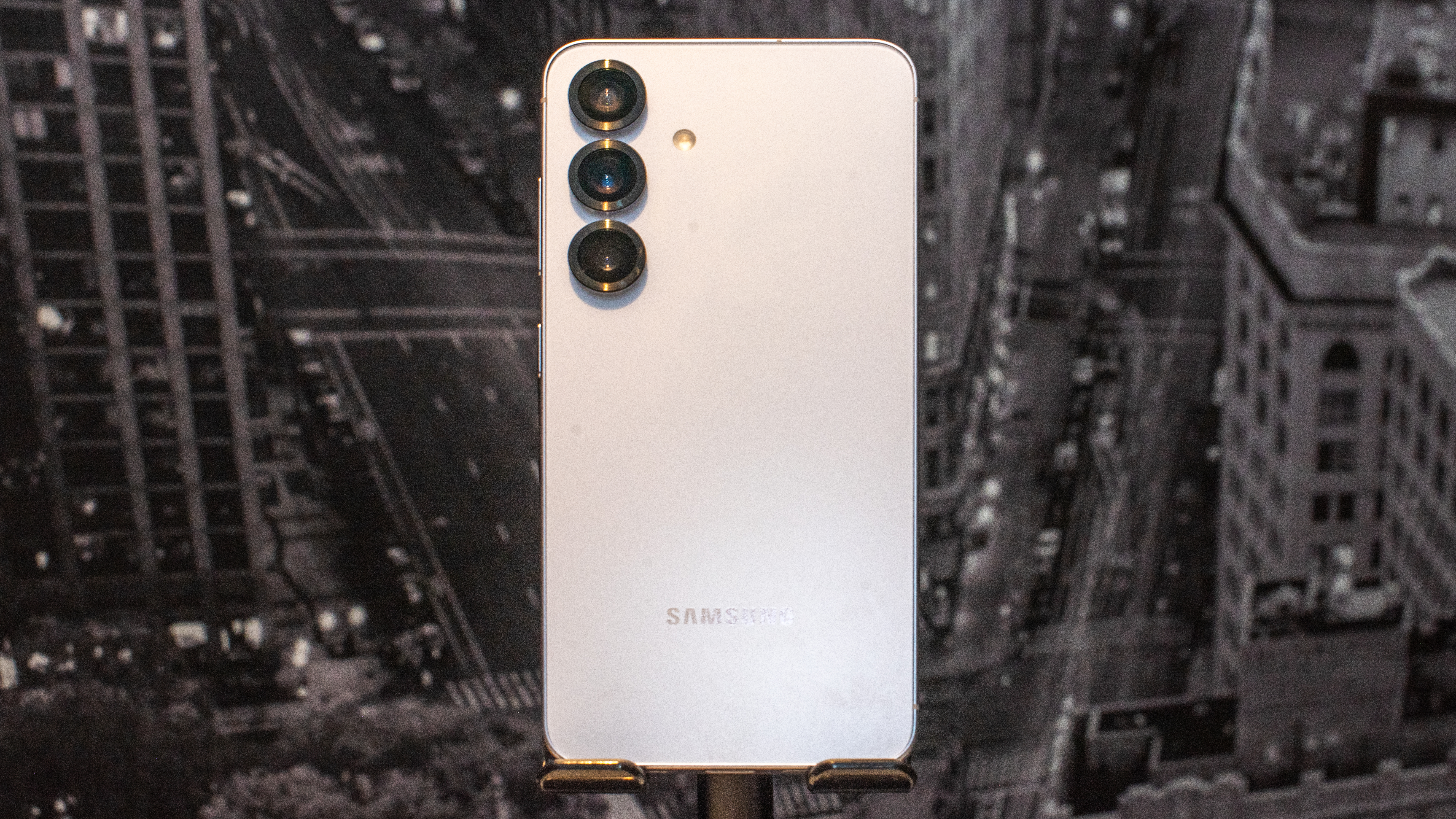Baby boomers are boxing out millennials to become the top U.S. home buyers
For years, baby boomers have been “aging in place” and keeping home turnover low. And now, not only are boomers holding onto their homes, they’re also the generation buying the most property—boxing out millennial homebuyers for only the second year since 2013. Millennials, who range from 26 to 44 years old, have largely dominated the housing market for the past decade. The only exceptions to this rule have occurred in 2023 and 2024, according to data from the National Association of Realtors (NAR). Between July 2023 and July 2024, the share of millennial homebuyers dropped to 29%, down from 38% a year ago. Meanwhile, boomers (ages 60 to 78) accounted for 42% of home purchases. “In a plot twist, baby boomers have overtaken millennials—the largest U.S. population—to become the top generation of home buyers,” Jessica Lautz, NAR deputy chief economist and vice president of research, said in a press release. “What’s striking is that half of older boomers and two out of five younger boomers are purchasing homes entirely with cash, bypassing financing altogether.” What does this mean for aspiring homebuyers? While this is only the second time that boomers have overtaken millennials in recent years, it does represent a larger pattern: First-time homebuyers are getting older. In 1991, the median age of first-time homebuyers in the U.S. was 28 years old. In 2024, it was 38 years old. As real estate expert Lance Lambert put it, “the median first-time U.S. homebuyer in 2024 (age 38) has been out of high school for 20 years but is also only 24 years away from the earliest age at which they could receive Social Security benefits (age 62).” One main driver for this shift is the fact that both cost of living and home affordability have increased significantly in the past several years. Since 2020, the income needed to afford the average American home has shot up by a whopping 79%. Starter homes are a thing of the past for many aspiring young homebuyers. Still, some young Americans are managing to become first-time homebuyers, and they’re establishing new standards for home ownership along the way. Per the NAR report, 3% of homebuyers over the past year were Gen Zers. “Gen Z is slowly entering the housing market with the lowest household income and they’re more likely to be single than other buyers,” Lautz said. Of the generations, Gen Z had the largest share of single, female homebuyers—presumably as many women put off marriage or choose to remain single.

For years, baby boomers have been “aging in place” and keeping home turnover low. And now, not only are boomers holding onto their homes, they’re also the generation buying the most property—boxing out millennial homebuyers for only the second year since 2013.
Millennials, who range from 26 to 44 years old, have largely dominated the housing market for the past decade. The only exceptions to this rule have occurred in 2023 and 2024, according to data from the National Association of Realtors (NAR). Between July 2023 and July 2024, the share of millennial homebuyers dropped to 29%, down from 38% a year ago. Meanwhile, boomers (ages 60 to 78) accounted for 42% of home purchases.
“In a plot twist, baby boomers have overtaken millennials—the largest U.S. population—to become the top generation of home buyers,” Jessica Lautz, NAR deputy chief economist and vice president of research, said in a press release. “What’s striking is that half of older boomers and two out of five younger boomers are purchasing homes entirely with cash, bypassing financing altogether.”
What does this mean for aspiring homebuyers?
While this is only the second time that boomers have overtaken millennials in recent years, it does represent a larger pattern: First-time homebuyers are getting older. In 1991, the median age of first-time homebuyers in the U.S. was 28 years old. In 2024, it was 38 years old. As real estate expert Lance Lambert put it, “the median first-time U.S. homebuyer in 2024 (age 38) has been out of high school for 20 years but is also only 24 years away from the earliest age at which they could receive Social Security benefits (age 62).”
One main driver for this shift is the fact that both cost of living and home affordability have increased significantly in the past several years. Since 2020, the income needed to afford the average American home has shot up by a whopping 79%. Starter homes are a thing of the past for many aspiring young homebuyers.
Still, some young Americans are managing to become first-time homebuyers, and they’re establishing new standards for home ownership along the way. Per the NAR report, 3% of homebuyers over the past year were Gen Zers.
“Gen Z is slowly entering the housing market with the lowest household income and they’re more likely to be single than other buyers,” Lautz said.
Of the generations, Gen Z had the largest share of single, female homebuyers—presumably as many women put off marriage or choose to remain single.



























































































































































































![How to Find Low-Competition Keywords with Semrush [Super Easy]](https://static.semrush.com/blog/uploads/media/73/62/7362f16fb9e460b6d58ccc09b4a048b6/how-to-find-low-competition-keywords-sm.png)



